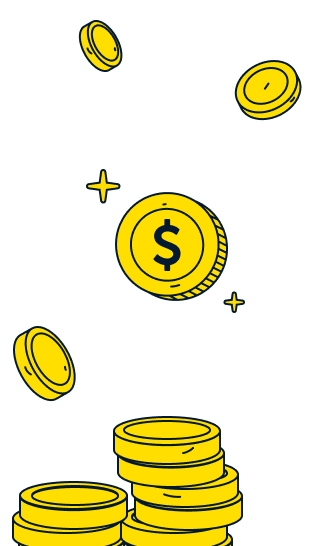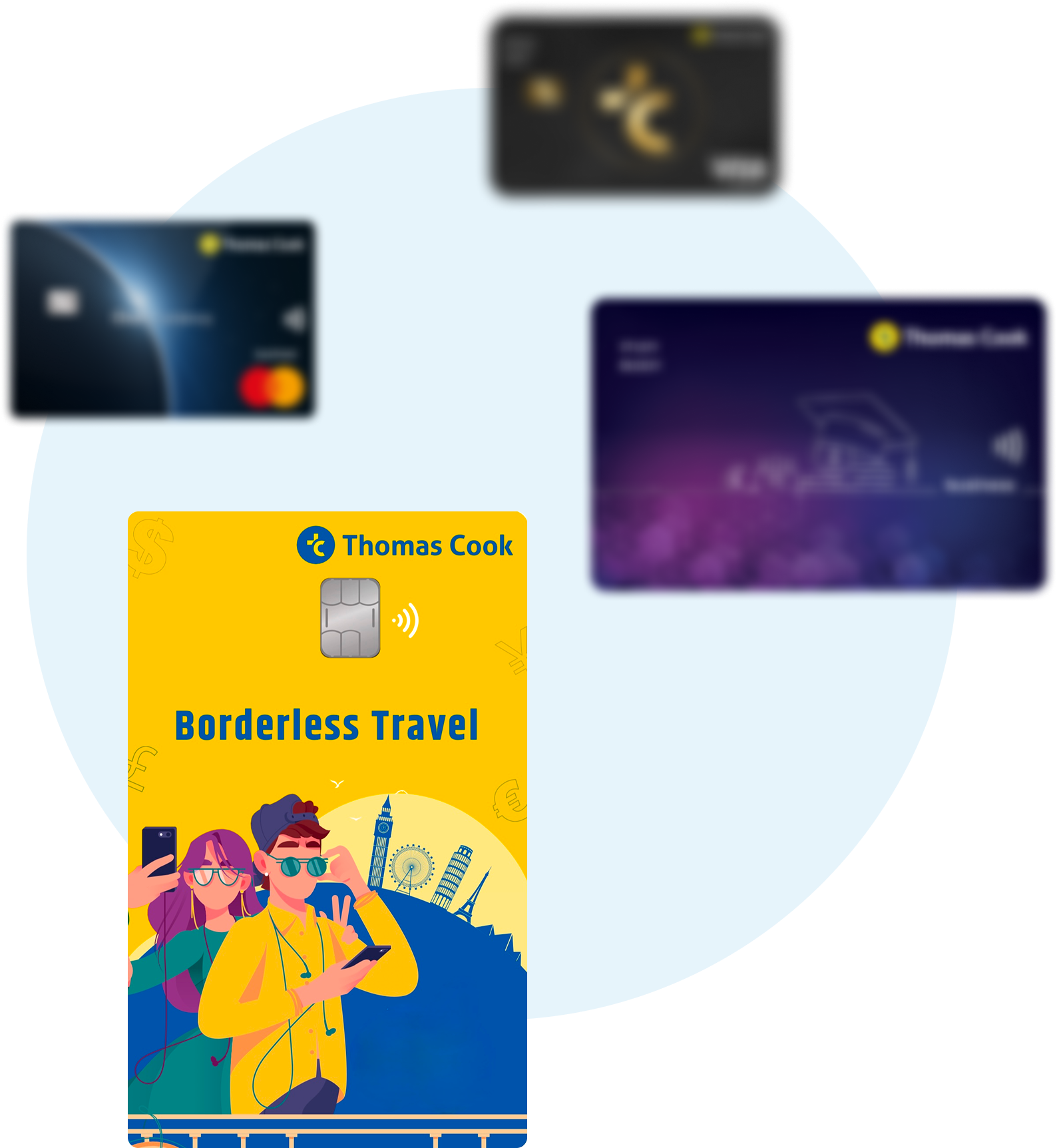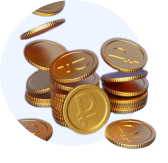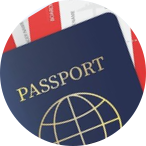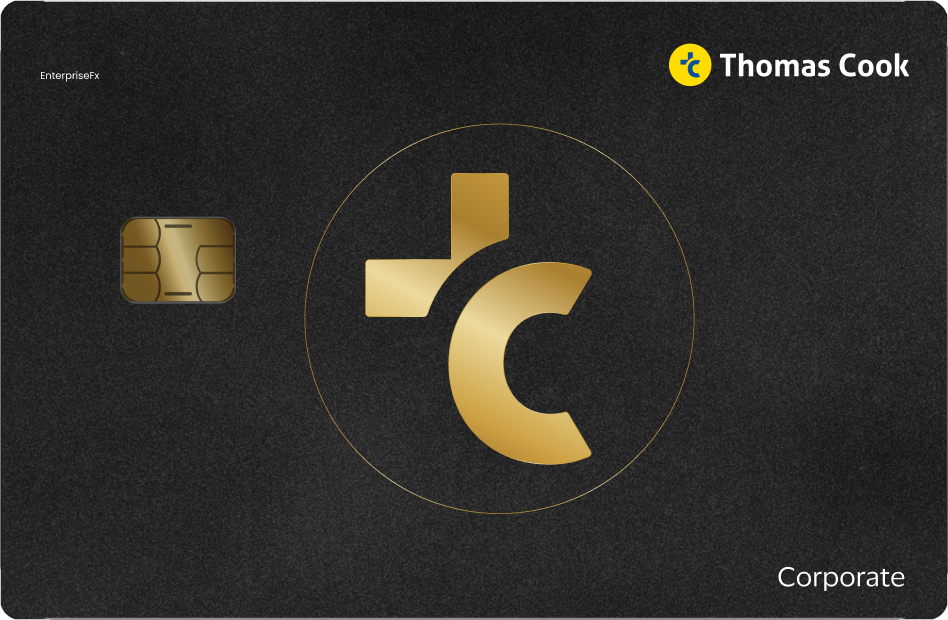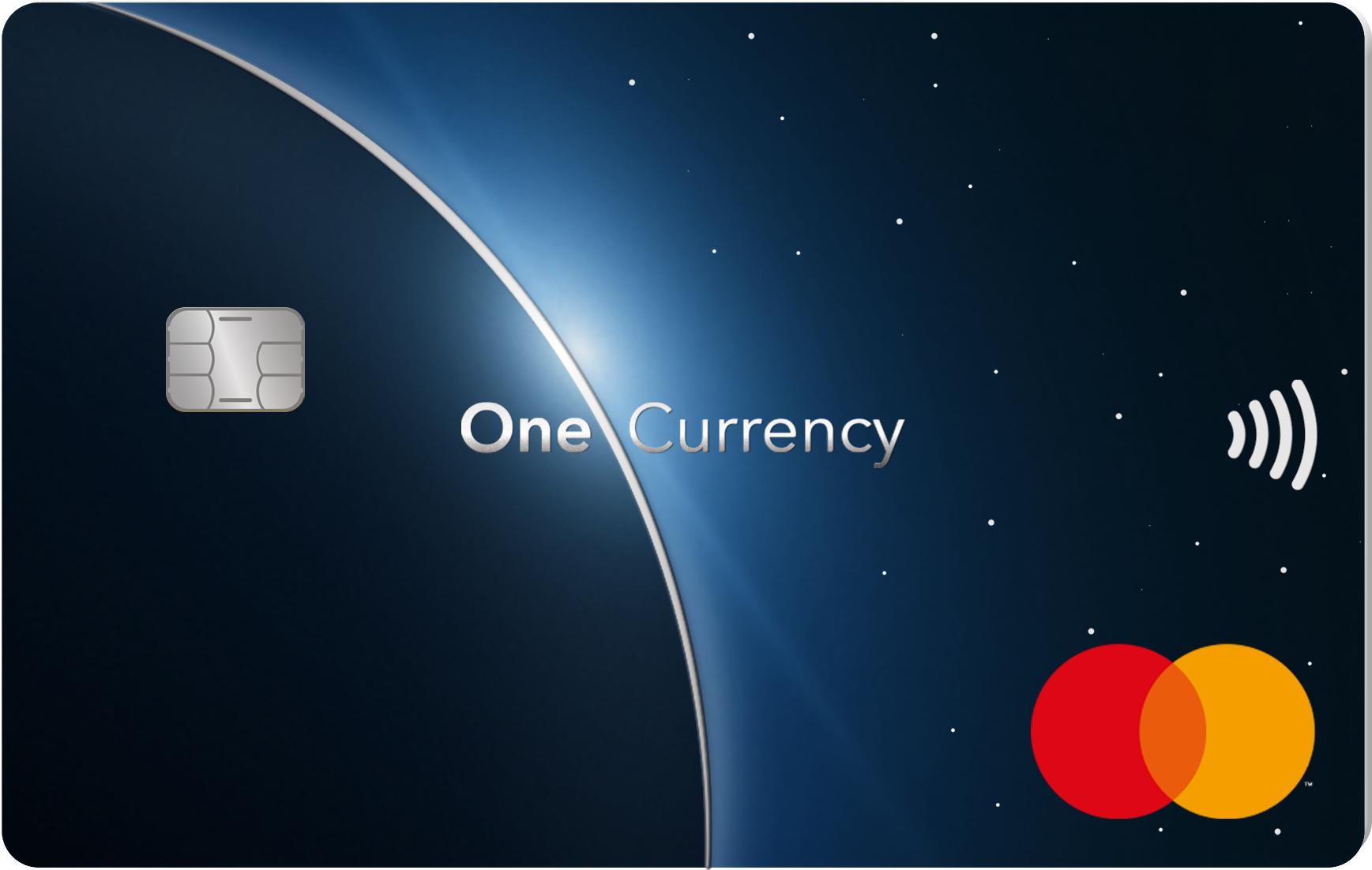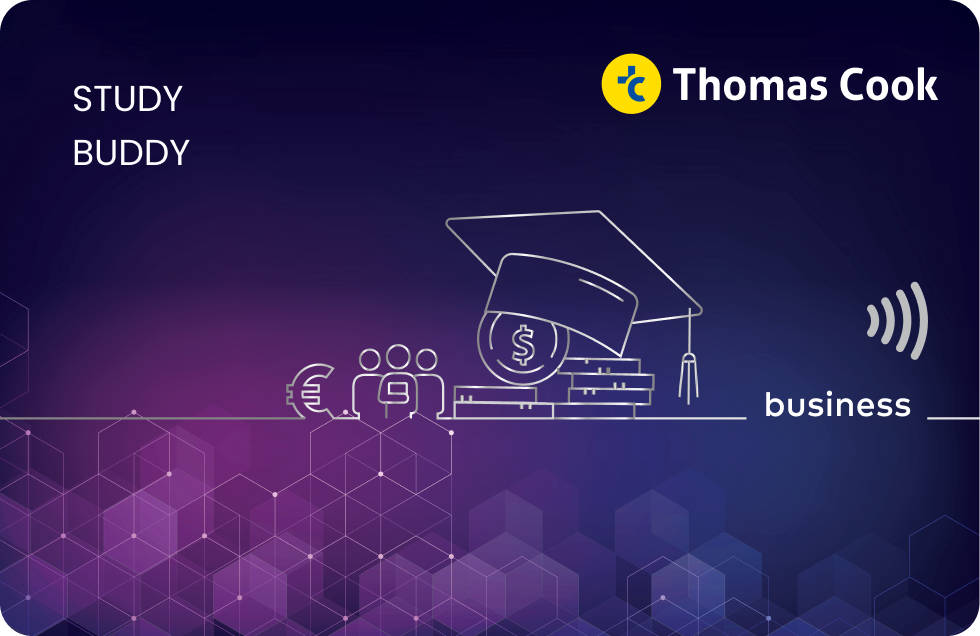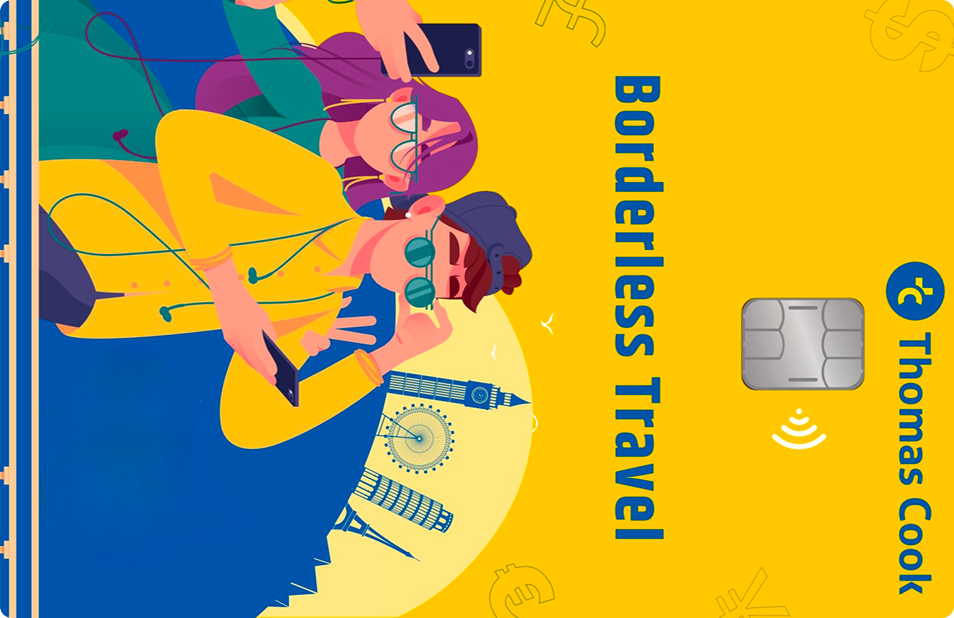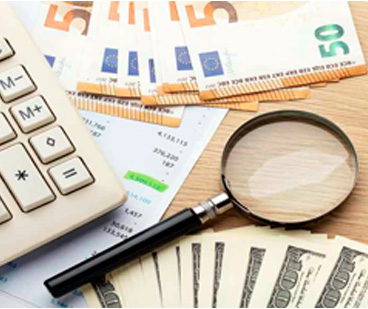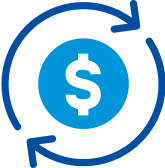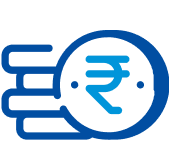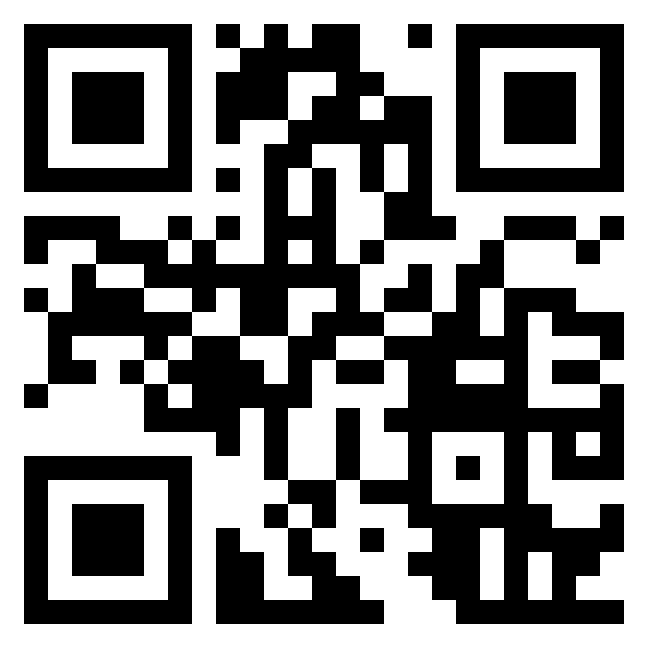Here are Some facts that you must to know about the thai currency:
- 1. The short name for the Thai Baht is TBH.
- 2. The most frequently used coins are ?1, ?2, ?5, and ?10. However, rarely used coins are 25 and 50 Satang.
- 3. The most commonly used banknotes include ?20, ?50, ?100, ?500, and ?1000.
- 4. You will find temples not just everywhere in Thailand, but also on the coins of the Thai currency.
History Of the Thai Baht
The origins of the Thai currency can be traced to the invention of a form of transaction that was prevalent in Thailand prior to the first century. Up until 1925, the English text on notes used the term "Tical," which was titled for the original Thai currency. Nevertheless, since the beginning of the nineteenth century, the currency of Thailand has been referred to by the name "Thai Baht."
At present times, the Thai baht represents one of the most extensively used currencies for international transactions and is regarded as one of the most powerful currencies in Southeast Asia. In fact, since 1897, the Baht has served as the country's official unit of exchange, although it was already in use before that.
Formerly, Thailand typically made use of clay coins (baked), shells, and Pot Duang in the form of legitimate money before bringing these coins and banknotes into use. If we dig into history a bit, at a time, Thailand had forged diplomatic associations with several significant Western countries and possessed a trading system (free) in place under the rule of King Mongkut. With a substantial rise in trade, there was a significant rise in the demand and need for legal tender. Unfortunately, Pot Duang's mass production failed to keep up with the required need and demand.
Owing to this, King Mongkut decided to issue the initial form of paper money in 1853, which was termed 'Mai'. However, it failed to be as successful as anticipated since the majority of people kept utilising Pot Duang.
Later, copper coins that held a lower value started becoming rare after King Chulalongkorn's coronation in 1873, since the global market value of both copper and tin increased beyond the nominal value of the coins. Meanwhile, due to the undersupply, individuals started relying on the 'Pee'. This was a form of legal tender put to use in the casinos. To avert its use, King Chulalongkorn introduced and circulated a massive usage of a paper currency, the 'Att Kradat', that held a low value, besides waiting for the imported copper coins from England to enter the markets and circulate in 1875.
However, because the administration failed to provide Thai coins in accordance with the development of trade and economy, 3 foreign banks (commercial) were approved to remain operational besides issuing banknotes in the years 1889, 1898, and 1899. This was to accelerate the settling and arrangement of debts between the financial institutions (banks) and their customers.
In addition, considering the poor banknote management, the administration could not make up for issuing the Treasury Notes or Ngoen Kradat Luang that were anticipated to be issued back in 1890.
Yet, in 1902, the inauguration of the Thai Department of Technology, a segment of the Ministry of Finance, under the reign of King Chulalongkorn, was quite an important turning point. This department was in charge of issuing and exchanging the currency notes that were introduced on September 23, 1902. This day was also marked as the inaugural day of the modern Thai currency in this era.
Factors affecting Thai Baht
The Thai Baht was ranked as one of the top-performing currencies in the foreign exchange (forex) market during the year 2018, despite continuous political upheaval in the nation. However, reports state how external forces will likely keep Thailand's baht currency highly volatile. Yet, one significant point to note, as per the central bank, is that the currency's decline is consistent with movements in other regional currencies. That said, below are a few factors affecting the Thai Baht that you should know.
1. Rates of Interest:
The preferred mechanism of every government for adjusting its economy or currency is playing with the interest rate policy. In order to boost borrowing and spending, policymakers will cut interest rates in the event they believe that the economy needs stimulation. However, if they believe that their economy has reached a tipping point and that they want to steer clear of inflation, they will maximise interest rates to promote saving and slow down development. A currency, the Thai baht being no exception, often gains momentum at higher rates as a result of rising demand for assets denominated in that currency. However, a reduction in interest rates typically has the opposite result.
2. Stability:
Another essential component of a stable currency is strong economic policy and the rule of law. Governments merely desire a stable currency. They do not want a currency that is constantly rising. A strong currency can hurt an economy that relies on exports because it renders locally produced goods too expensive and hence uncompetitive. On the contrary, an unstable currency is also undesirable, since it makes imports too costly and may create inflation.
3. Relationships between the Thai Baht and the Thailand Stock Exchange:
Thailand, being a nation that is rapidly expanding, sees a major investment in its stock market on an ongoing basis. Not to mention, the relationship between the Thai Baht and the Thailand Stock Exchange plays a significant role in affecting the Baht. Periods of large inflows into the stock market are typically accompanied by an improving Thai Baht, whilst periods of high outflows are usually accompanied by a declining Thai Baht.
4. Currency Contagiousness:
Whatever the Thai Baht's fundamentals seem to be, it may not be completely exempt from the contagion that might take place in case there is any "flight to safety."
During a financial crisis, money generally tends to flow from emerging nations into currencies that are seen to be safer. Regardless of how well the Thai economy and the Baht are managed, in times of instability, money flows back into predominant currencies. (the USD or Swiss Franc). It would seem naive to believe that a flight to safety would not affect the THB. Nonetheless, it is worth noting that during difficult times, currencies with solid underpinnings perform significantly better compared to those with poor fundamentals.
Interesting facts about the currency

Thai Baht Dollar, THB
Benjamins, Bones, Bread, Buck, Buckos, Cash, Dead Presidents, Dinero, Jeffersons, Scratch, SmackerSymbol
$, US$
1�, 5�, 10�, 25�, 50�, $1
1/100, Cent
$1, $2, $5, $10, $20, $50, $100
Federal Reserve System
Benjamins, Bones, Bread, Buck, Buckos, Cash, Dead Presidents, Dinero, Jeffersons, Scratch,SmackerSymbol

